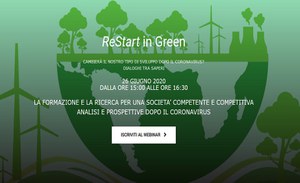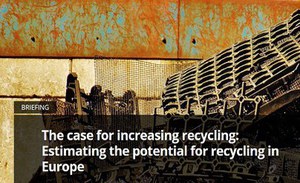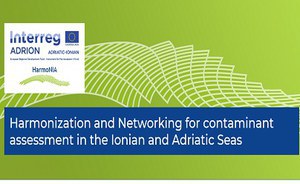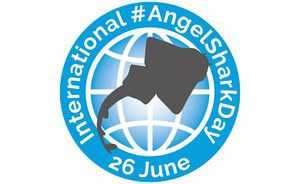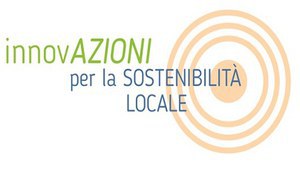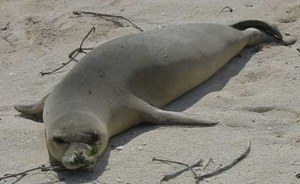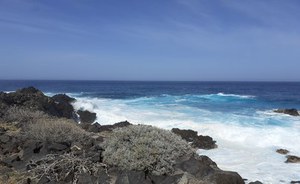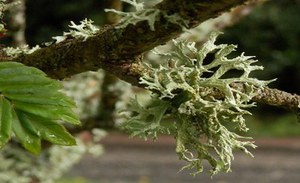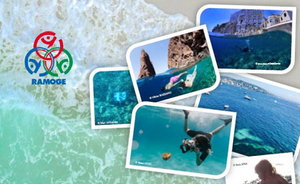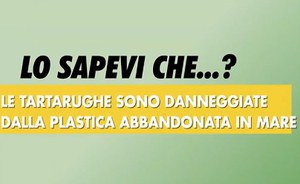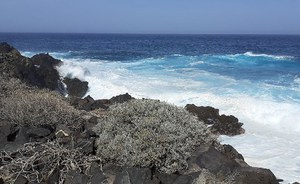June
Training and research for a society competent and competitive. Analysis and perspectives after Coronavirus
Jun 26, 2020 from 03:00 PM to 04:30 PM
— Webinar,
The binomial learning-competitiveness represents the node around which the new "knowledge society" is formed. And in this moment of great difficulty caused by the pandemic, fundamantal is the topic related to the quality of skills and knowledge and the intensity of the link between the "places of knowledge" and the places of decision, public and private.
Doubling recycling across Europe is feasible, for certain waste streams
ADRION HarmoNIA project
International Angel Shark day
On Friday 26th June, ISPRA is participating in the first ever International Angel Shark Day, and invite you to join us!
InnovAzioni for local sustainability - online periodical on good environmental sustainability practices
Capraia island: the Monk seal returns at home
Extraordinary news happened in Capraia Island that has taken the national and international attention. After sixty years, the monk seal (Monachus monachus) has returned to visit the cave that takes its name on the west coast of the island. After the sightings recorded in recent weeks, one of which validated according to the very strict procedure operated by ISPRA, investigations have continued successfully.
Published the new report on the Europe's seas by European Environment Agency
“Marine messages II: Navigating the course towards clean, healthy and productive seas through implementation of an ecosystem‑based approach”
Published the Guidelines for use of lichens as bioindicators
These guidelines are based on the review of best practices and results of recent methodological and applicative studies. The guidelines address the use of epiphytic lichens (bioaccumulation by native lichens and lichen transplants) to monitor spatial and temporal trends of element concentrations (macro-elements and trace elements) related to atmospheric pollutant depositions.
International photo contest "RAMOGE - Man and the sea"
RAMOGE Agreement* launches an international photo "RAMOGE - Man and the sea", with the wishes of the FIAP (International Federation Art Photographic) and a prestigious panle composed by Greg LECOEUR (Award for best Naturalistic photo - National Geographic, 2016), Sergio PITAMITZ ("Environmental photo-reporter of the year" - NPPA, 2016) e Pierluigi RIZZATO (8 times winner of the FIAP Nature World Cup). ISPRA invites all lovers of the sea and photography to send, by September 15, shots that tell the relationship between human activities and the Mediterranean in its many aspects.
Did you know that..? Turtles are damaged by plastic abandoned in the sea
Report EEA: Marine messages II-Navigating the course towards clean, healthy and productive seas through implementation of an ecosystem‑based approach
"We still have a chance to restore our marine ecosystems if we act decisively and coherently and strike a sustainable balance between the way we use of seas and our impact on the marine environment" said Hans Bruyninckx, EEA executive director, referred to the current condition of the European seas highlighted by the EEA "Marine Messages II" report. The precarious state of our seas affects the quality of life, the economy, the availability of raw materials, the production of oxygen and food, a suitable climate and even our free time and health.

